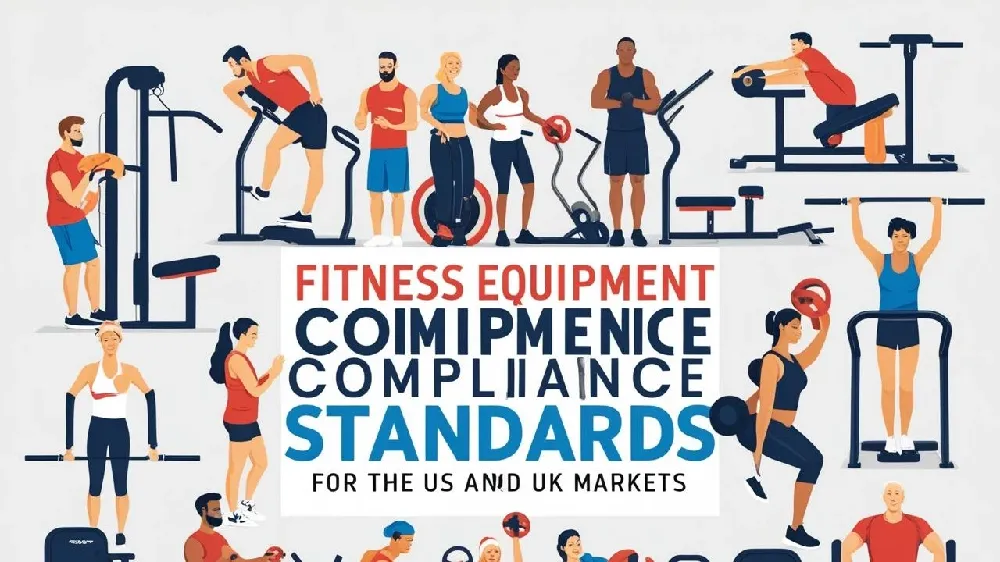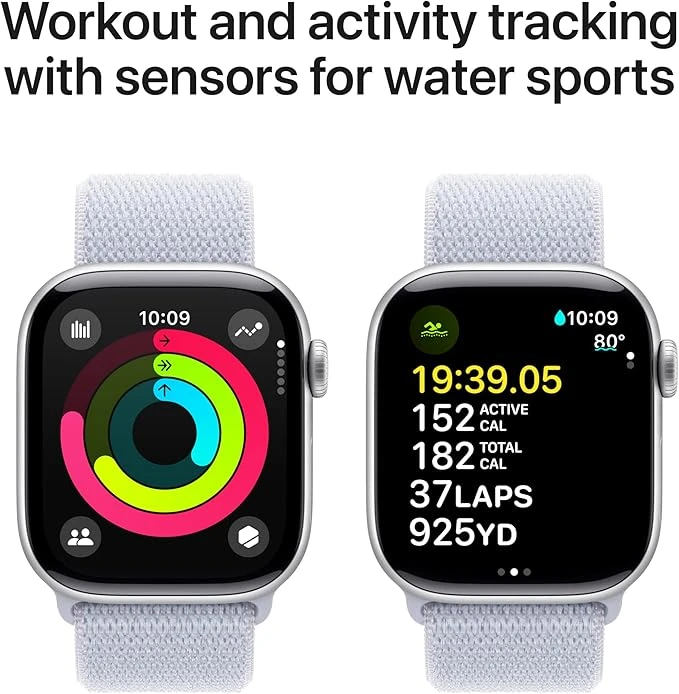In the highly regulated fitness equipment industry, ensuring compliance is not just a legal requirement but a critical step to reducing liability, improving customer trust, and enhancing brand reputation. This guide covers the key compliance standards and certification processes for selling fitness equipment in the US and UK markets. Compliance standards are essential safety, quality, and performance benchmarks that fitness equipment must meet before being legally sold. These standards protect consumers, reduce legal risks, and prevent costly recalls. The CE (Conformité Européenne) marking is used for products sold in the European Economic Area (EEA) and indicates that a product meets EU safety, health, and environmental protection requirements. The UKCA (UK Conformity Assessed) marking, introduced after Brexit, serves a similar purpose but applies only to products sold in Great Britain (England, Scotland, and Wales). Northern Ireland continues to use the CE marking, with some products requiring both CE and UKNI markings for specific cases. Yes, the certification requirements often differ. Commercial fitness equipment usually faces stricter standards for durability, safety, and performance due to higher usage levels and potential liability risks. For example, treadmills and strength machines for commercial use may need additional safety features like emergency stop buttons, reinforced frames, and higher weight capacities. Start by verifying whether the manufacturer holds essential certifications like ISO 9001 (Quality Management), ISO 13485 (Medical Devices), and ISO 14001 (Environmental Management). Also, request recent test reports, conduct factory audits, and check for a history of recalls or safety violations. No, selling non-compliant fitness equipment can lead to severe consequences, including fines, product recalls, import bans, and potential lawsuits. Non-compliance can also damage your brand’s reputation and erode customer trust. Penalties vary by region but can include hefty fines, product seizures, forced recalls, and bans from selling in the market. In extreme cases, companies may also face legal action or be permanently barred from specific markets.What Are Fitness Equipment Compliance Standards?

US Compliance Standards for Fitness Equipment
UK Compliance Standards for Fitness Equipment
Common Testing and Certification Processes
How to Choose a Compliant Fitness Equipment Manufacturer
Tips for Importers and Distributors
FAQs (Frequently Asked Questions)
What is the difference between CE and UKCA marking?
Do I need different certifications for commercial vs. home gym equipment?
How do I find a reliable fitness equipment manufacturer that meets these standards?
Can I sell non-compliant fitness equipment in the US or UK?
What are the penalties for non-compliance?
Blog search
Table of Contents
Fitness Equipment Compliance Standards for the US and UK Markets
Published on Sunday, September 7, 2025, Written by the Ntaifitness Expert Team

Track Your WODs with Apple Watch Series 10
4.7 stars, $299 (Save 25%) – Real-time ECG, GPS, Fitness+ for CrossFit, HIIT, and more. Perfect for 2025 fitness goals!
*As an Amazon Associate, we earn from qualifying purchases at no extra cost to you.

